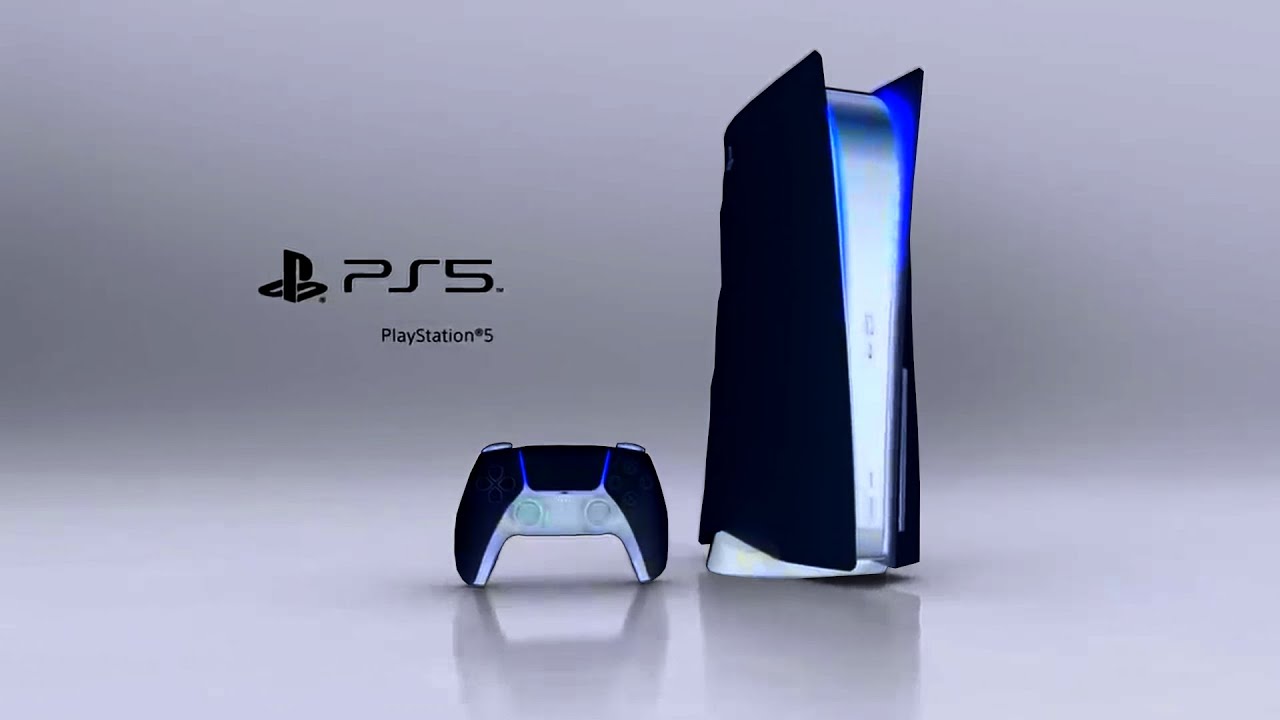Sony Interactive Entertainment (SIE) has lashed out at the British antitrust regulator, the Competition and Markets Authority (CMA).
In February the CMA had provisionally concluded that Microsoft’s $68.7 billion acquisition of Activision Blizzard raised competition concerns.
But on 24 March, the CMA reversed its decision and said the Activision buyout “will not result in a substantial lessening of competition in relation to console gaming in the UK.”

Sony response
This week the CMA published Sony’s response to its reversal – and predictably the Japan tech giant was very unhappy at the UK’s decision to reverse its preliminary findings.
Sony called out the CMA’s abrupt about-face on the matter.
“The CMA’s reversal of its position on its consoles theory of harm is surprising, unprecedented, and irrational,” said SIE in its official response.
“The Provisional Findings (“PFs”) assessed a significant body of evidence in the round to support its finding that Microsoft would have the ability and incentive to withhold Activision content, and that this would substantially lessen competition by foreclosing PlayStation.”
Sony said the CMA’s decision to reverse it judgement “focuses almost exclusively on a single economic model on which it places ‘significantly more weight’ than other available evidence.”
Sony said that model, which is based on the lifetime value (“LTV”) of an average gamer, is used to estimate Microsoft’s incentives to make Call of Duty exclusive to Xbox.
“The Addendum reaches a different conclusion based on new assumptions and preliminarily concludes that a revised LTV model suggests that ‘making Call of Duty exclusive to Xbox would result in a significant financial loss for Microsoft post-Merger’, and, as a result, that Microsoft would not have an incentive to withhold Call of Duty,” said Sony.
Sony said the CMA’s addendum’s revised LTV model includes four serious conceptual errors.
“In conclusion, SIE respectfully submits that the Addendum does not justify the CMA’s U-turn on the consoles theory of harm,” Sony concluded. “The revised LTV model is vitiated by errors that bias the model to finding no incentive to Microsoft to foreclose.”
“The Addendum jettisons, without sound reason, the PFs’ thorough analysis of other evidence establishing Microsoft’s incentives,” said Sony. “And the Addendum’s partial foreclosure discussion is based on pure speculation, rather than evidence. To reach a robust decision, the CMA should revisit its analysis of Microsoft’s incentives and partial foreclosure, correcting for the errors identified in this paper.”
Microsoft response
Microsoft predictably welcomed the CMA’s revised findings and said it “agrees with the CMA’s conclusion that the Merger will not result in a substantial lessening of competition for the market for the supply of console gaming services in the UK.”
“Microsoft has been clear since the announcement of the Merger: it has no intention to withhold or degrade access to Call of Duty (“CoD”) or any other Activision content on PlayStation,” it said.
It should be noted that Microsoft has offered Sony, Nintendo and others a 10-year contract for the same ‘Call Of Duty’ release dates on their respective platforms, as on its own Xbox platform.
And this CMA decision is not the only positive development for Microsoft in its attempt to acquire the world’s largest game publisher.
Last month Microsoft won a dismissal of a private consumer antitrust lawsuit on the matter, but the plaintiffs were given 20 days to refine their legal challenge.
The private lawsuit in the US had sought an order to block Microsoft from acquiring Activision. It was filed on behalf of 10 video game players in California, New Mexico and New Jersey.
But last month a federal judge in San Francisco ruled that the lawsuit from the gamer plaintiffs “lacks allegations” supporting their claim that the proposed acquisition would harm market competition.
Microsoft it should be noted still has to gain regulatory approval for the deal from European competition regulators, as well as the US Federal Trade Commission (FTC).




